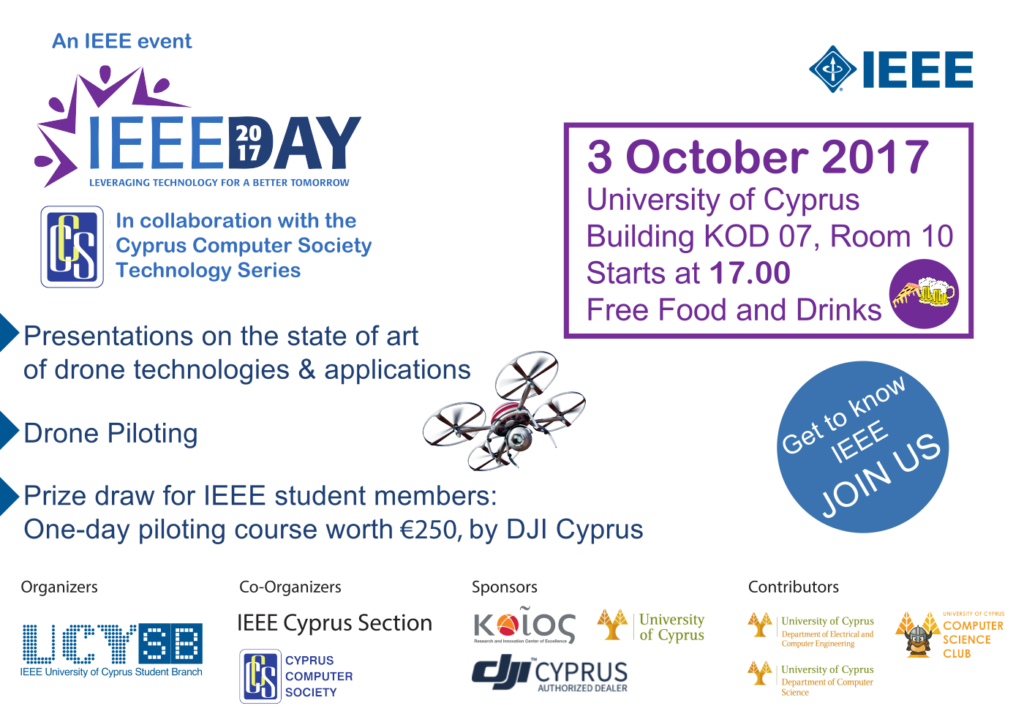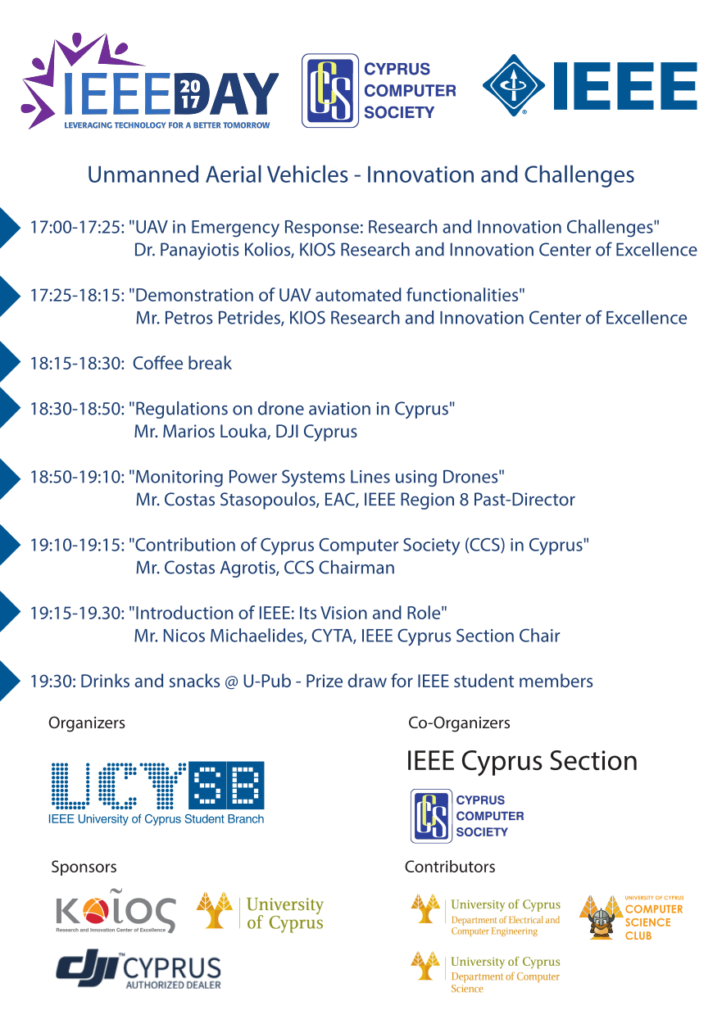C/C++: Set and Get the name of a pthread
Naming a pthread using meaningful names, can be a very useful feature for debugging multi-threaded applications as it can make your logs very informative.
For this reason, we are presenting two examples demonstrating the use of names in pthreads.
- [download id=”3786″]
- [download id=”3788″]
Example 1: The pthread decides for its name
The following code, creates a pthread which later, it will give itself a meaningful name.
[download id=”3786″]
// #define _GNU_SOURCE is needed for the resolution of the following warnings
//warning: implicit declaration of function ‘pthread_setname_np’ [-Wimplicit-function-declaration]
//warning: implicit declaration of function ‘pthread_getname_np’ [-Wimplicit-function-declaration]
#define _GNU_SOURCE
#include <stdio.h>
#include <sys/types.h>
#include <pthread.h>
#include <asm/errno.h>
#include <errno.h>
// #include <stdlib.h> is needed for the resolution of EXIT_SUCCESS
#include <stdlib.h>
//The thread name is a meaningful C language string, whose length is restricted to 16 characters, including the terminating null byte.
#define MAX_LENGTH_PTHREAD_NAME (16)
struct thread_info_t
{
// Used to identify a thread.
pthread_t thread_id;
};
// This is the thread that will be called by pthread_create() and it will be executed by the new thread.
void *self_named_thread(void *data)
{
// We know that the input data pointer is pointing to a thread_info_t so we are casting it to the right type.
struct thread_info_t *thread_info = (struct thread_info_t *) data;
const int setname_rv = pthread_setname_np(thread_info->thread_id, "Tom Hanks");
if (setname_rv)
{
errno = setname_rv;
perror("Could not set pthread name");
}
char thread_name[MAX_LENGTH_PTHREAD_NAME];
const int getname_rv = pthread_getname_np(thread_info->thread_id, thread_name, MAX_LENGTH_PTHREAD_NAME);
if (getname_rv)
{
errno = getname_rv;
perror("Could not get pthread name");
}
//This function always succeeds, returning the calling thread's ID.
const pthread_t tid = pthread_self();
//Usually pthread_t is defined as follows:
//typedef unsigned long int pthread_t;
//so we print pthread_t as an unsigned long int
fprintf(stdout, "I am thread with ID '%lu', my name is '%s' and I gave me my name by myself\n", tid, thread_name );
return NULL;
}
int main()
{
struct thread_info_t thread_info;
const int create_rv = pthread_create(&(thread_info.thread_id), NULL, &self_named_thread, (void *) &thread_info);
if (create_rv)
{
errno = create_rv;
perror("Could not create thread");
return EXIT_FAILURE;
}
// The pthread_join() function suspends execution of the calling thread until the target thread terminates, unless the target thread has already terminated.
const int join_rv = pthread_join(thread_info.thread_id, NULL);
if (join_rv)
{
errno = create_rv;
perror("Could not join thread");
}
return EXIT_SUCCESS;
}
[download id=”3786″]
Example 2: The parent decides for the pthread name
The next code, creates a pthread and the parent gives the thread a meaningful name.
[download id=”3788″]
// #define _GNU_SOURCE is needed for the resolution of the following warnings
//warning: implicit declaration of function ‘pthread_setname_np’ [-Wimplicit-function-declaration]
//warning: implicit declaration of function ‘pthread_getname_np’ [-Wimplicit-function-declaration]
#define _GNU_SOURCE
#include <stdio.h>
#include <sys/types.h>
#include <pthread.h>
#include <asm/errno.h>
#include <errno.h>
// #include <stdlib.h> is needed for the resolution of EXIT_SUCCESS
#include <stdlib.h>
// #include <unistd.h> is needed for the resolution of unsigned int sleep(unsigned int seconds);
#include <unistd.h>
//The thread name is a meaningful C language string, whose length is restricted to 16 characters, including the terminating null byte.
#define MAX_LENGTH_PTHREAD_NAME (16)
struct thread_info_t
{
// Used to identify a thread.
pthread_t thread_id;
};
// This is the thread that will be called by pthread_create() and it will be executed by the new thread.
void *self_named_thread(void *data)
{
// We know that the input data pointer is pointing to a thread_info_t so we are casting it to the right type.
struct thread_info_t *thread_info = (struct thread_info_t *) data;
//Added an artificial delay for the sake of the example.
//Making sure the parent thread gave the pthread a name.
sleep(1);
char thread_name[MAX_LENGTH_PTHREAD_NAME];
const int getname_rv = pthread_getname_np(thread_info->thread_id, thread_name, MAX_LENGTH_PTHREAD_NAME);
if (getname_rv)
{
errno = getname_rv;
perror("Could not get pthread name");
}
//This function always succeeds, returning the calling thread's ID.
const pthread_t tid = pthread_self();
//Usually pthread_t is defined as follows:
//typedef unsigned long int pthread_t;
//so we print pthread_t as an unsigned long int
fprintf(stdout, "I am thread with ID '%lu', my name is '%s' and my parent gave me my name\n", tid, thread_name );
return NULL;
}
int main()
{
struct thread_info_t thread_info;
const int create_rv = pthread_create(&(thread_info.thread_id), NULL, &self_named_thread, (void *) &thread_info);
if (create_rv)
{
errno = create_rv;
perror("Could not create thread");
return EXIT_FAILURE;
}
const int setname_rv = pthread_setname_np(thread_info.thread_id, "Bob Marley");
if (setname_rv)
{
errno = setname_rv;
perror("Could not set pthread name");
}
// The pthread_join() function suspends execution of the calling thread until the target thread terminates, unless the target thread has already terminated.
const int join_rv = pthread_join(thread_info.thread_id, NULL);
if (join_rv)
{
errno = create_rv;
perror("Could not join thread");
}
return EXIT_SUCCESS;
}
[download id=”3788″]





